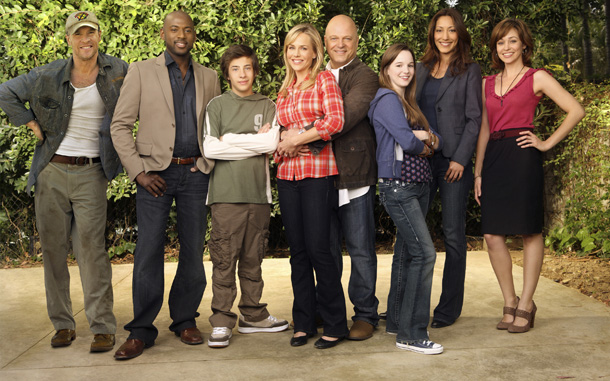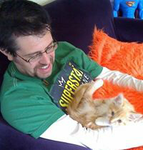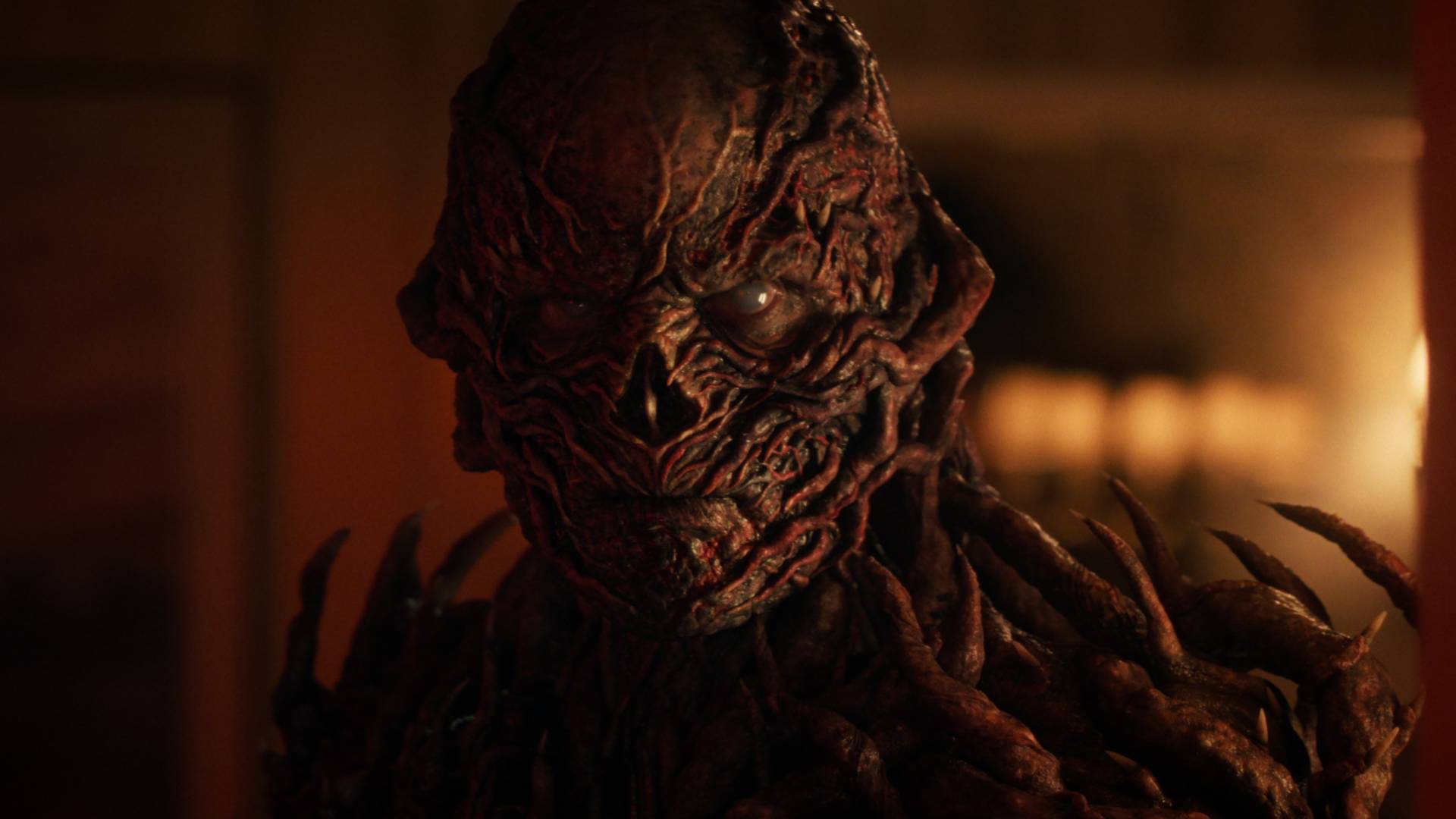PURE GOLDER: No More Heroes Please
None
Starting this week, your sfx.co.uk editor’s weekly chance to rant on about sci-fi and fantasy.

You’d have thought after Heroes died a slow and painful death that US TV might have tired of shows about “everyday” people acquiring special powers. But no. Yesterday saw the premiere of No Ordinary Family ( The Incredibles meets Married With Children ); early next year we’ll have The Cape ( Batman meets Fathers For Justice); and today came the news that ABC is prepping Nine Lives, which clearly seems to have a bit of a Buffy vibe. Blimey, these days you don’t need to wait for every new generation for the next chosen one; wait until the next TV season and five’ll come along at once.
At the moment we’ve also got Chuck , Lost Girl , Misfits , (yeah, even the UK isn’t immune) and Smallville. All have their strengths; some have more weaknesses than others; some are Smallville and really should be put out of our misery.
But why shouldn’t TV go superhero crazy, especially when Hollywood seems to be making a mint out of comic book adaptations. And yes, I’m as excited as the next person about Joss Whedon’s Avengers (and I work in the SFX office, so you can imagine that any person I’m next to is wearing Marvel underpants). But superheroes work at the movies in a way they don’t on TV.
Because Hollywood has money. So Hollywood can make them fly convincingly, or juggle with tanks, or swing through New York on webs, or levitate the Golden Gate Bridge. Hollywood can offer spectacle. TV can offer, oh, three flying scenes this week, if we don’t have to show whatsisface teleporting, or we cut back Water Girl to a slightly irate puddle rather than that tsunami in the script.
Now, don’t get me wrong. I’m not saying FX are more important than stories and characterisation. But when it comes to superheroes, if you have to budget your superpowers for TV, you have to rely even more on the storytelling. The problem here is, if you are going to tell cheap stories about superheroes, then the themes and character tropes soon start to become overfamiliar; the powers are a “curse”; do you reveal your powers to the world or keep them secret?; will your family be harmed by your superheroic antics?; where do they fit in with the law?; and so on and so on. The clichés suddenly amplify, more so than in a cop drama, or a soap.
Interestingly, only the UK show I mentioned, Misfits , has really tried to give the genre a new twist by giving powers to a bunch of no-hope teenagers who’ve got no intention of being heroes. Is it any surprise, then, that it’s also the best of the bunch by far, purely because it does avoid the feelings of overfamiliarity. But even here, just underneath the surface, those familiar themes are still bubbling away. Maybe it just proves that baddies are always more interesting than goodies, and maybe the US should try doing a show about supervillains.
Weekly digests, tales from the communities you love, and more
There’s another problem with cash-strapped TV superheroics, and even Misfits is guilty of this one. None of the “superheroes” ever use their powers enough. Hell, if I was Nathan Petrelli I would have been flying everywhere, and if I had a penny for every time I screamed at the screen, “Just read his bloody mind!” to Matt Parkman I’d have enough money to pay for Hiro to have some nice little CG to effect to accompany his teleporting instead of just popping off the screen like Mr Claypole did back in the ’70s, for Chrissake!
So, yeah, I’m getting a bit jaded with small-screen superheroes, and finding it hard to raise any enthusiasm for The Cape, No Ordinary Family or Nine Lives. Which, I suspect, is similar to the feelings a lot of viewers have, and that’s not a good atmosphere into which to launch a new superhero show. As much as I’m loathe to ever suggest cutting back on telefantasy, I could do with fewer supershows quite happily.
Then again, Misfits can go on forever it it stays as good as the first series.

Dave is a TV and film journalist who specializes in the science fiction and fantasy genres. He's written books about film posters and post-apocalypses, alongside writing for SFX Magazine for many years.


